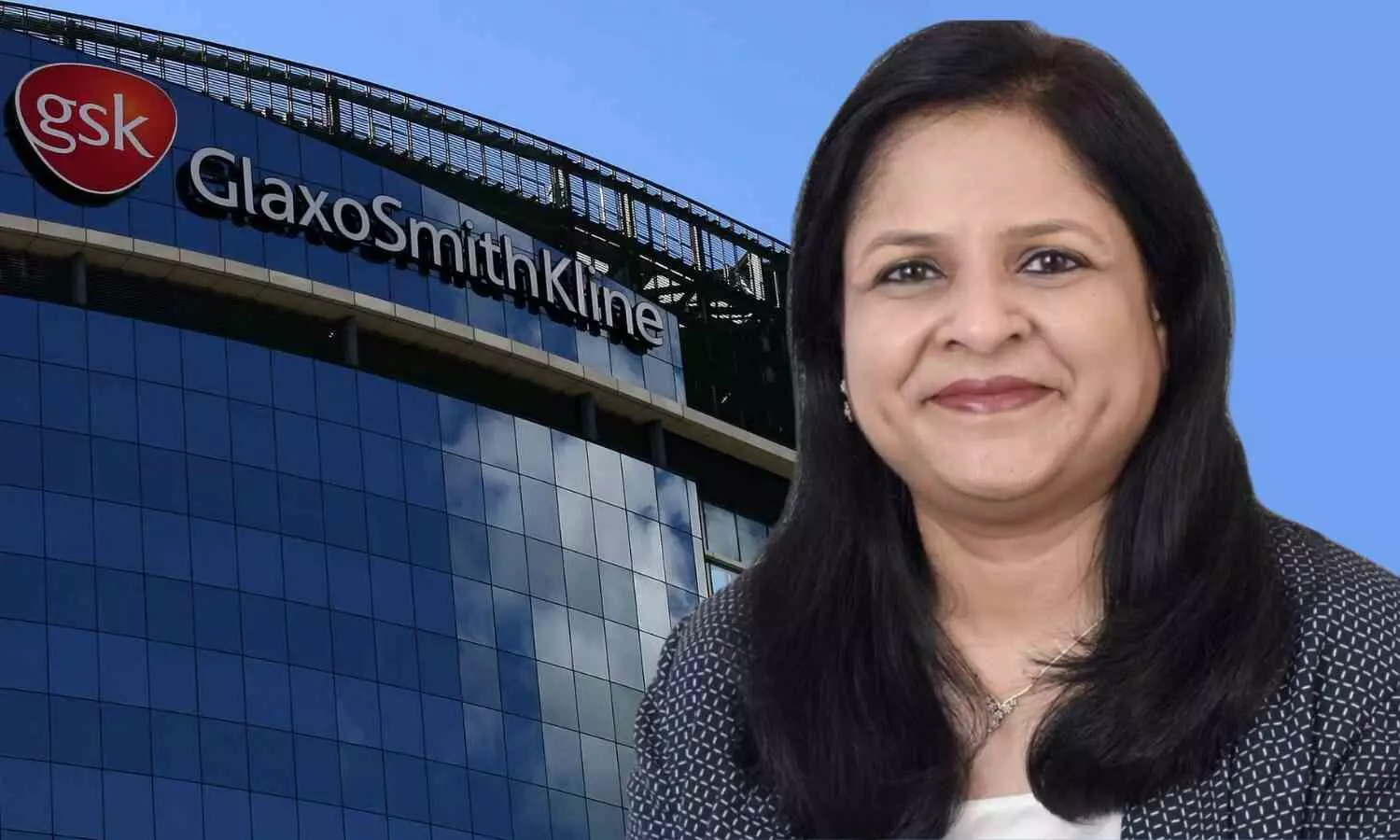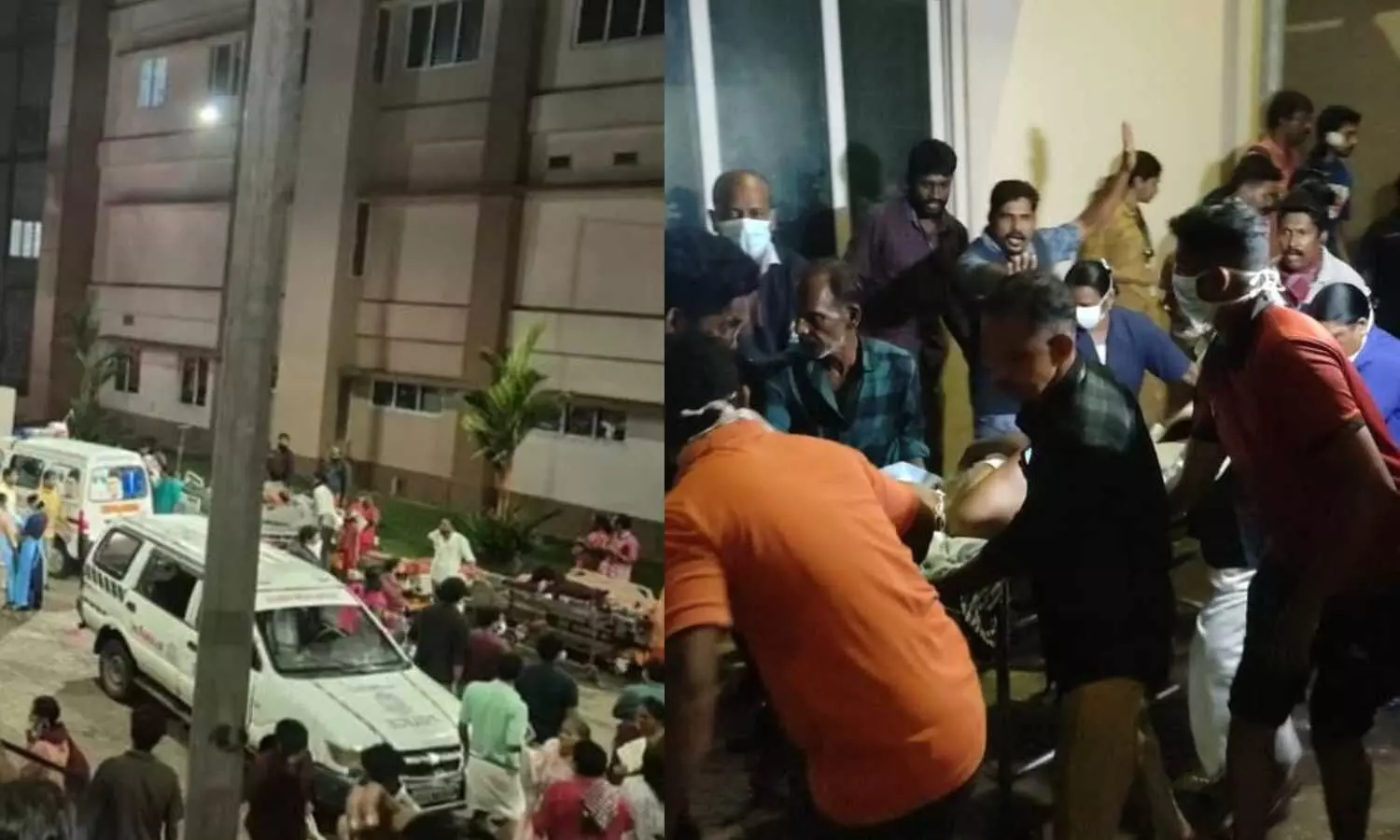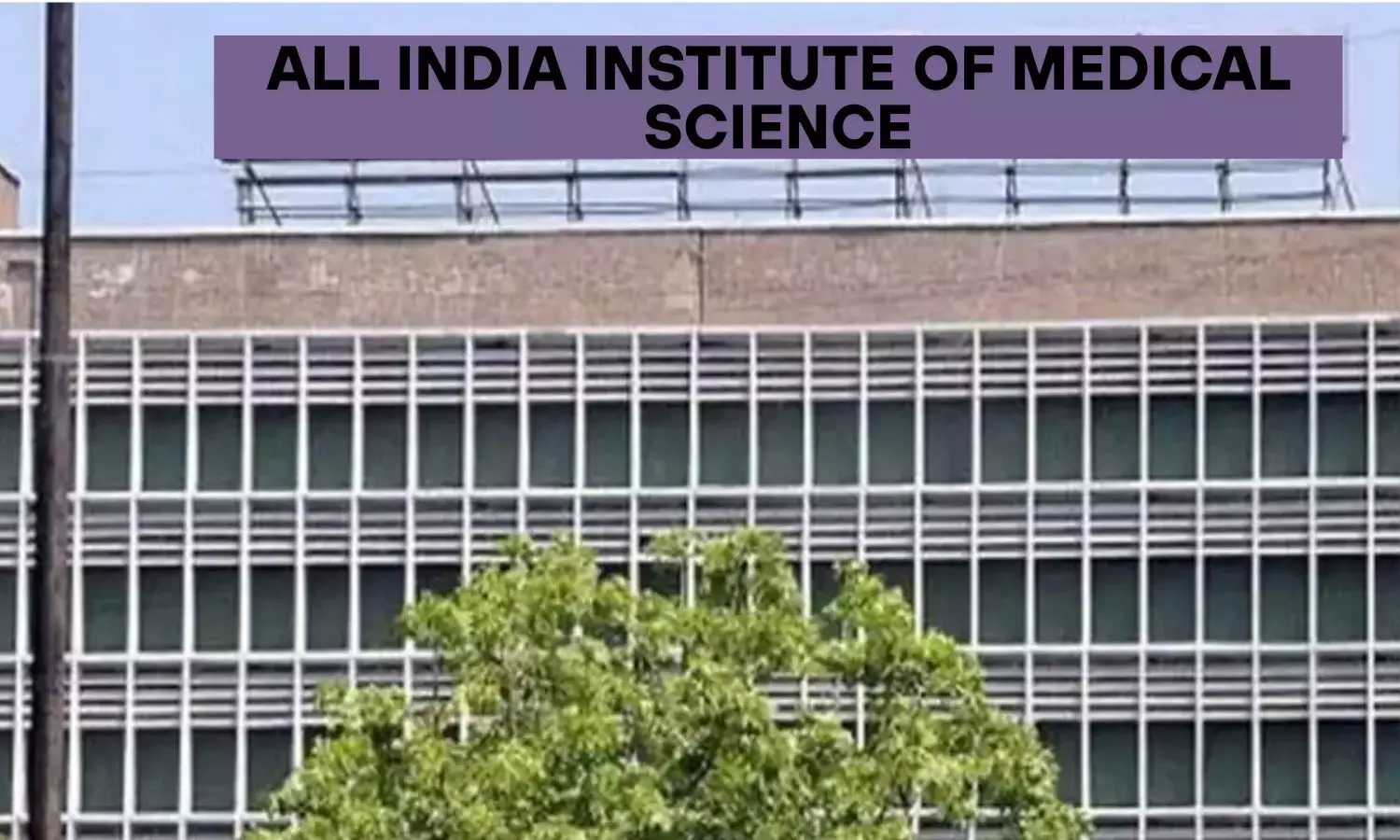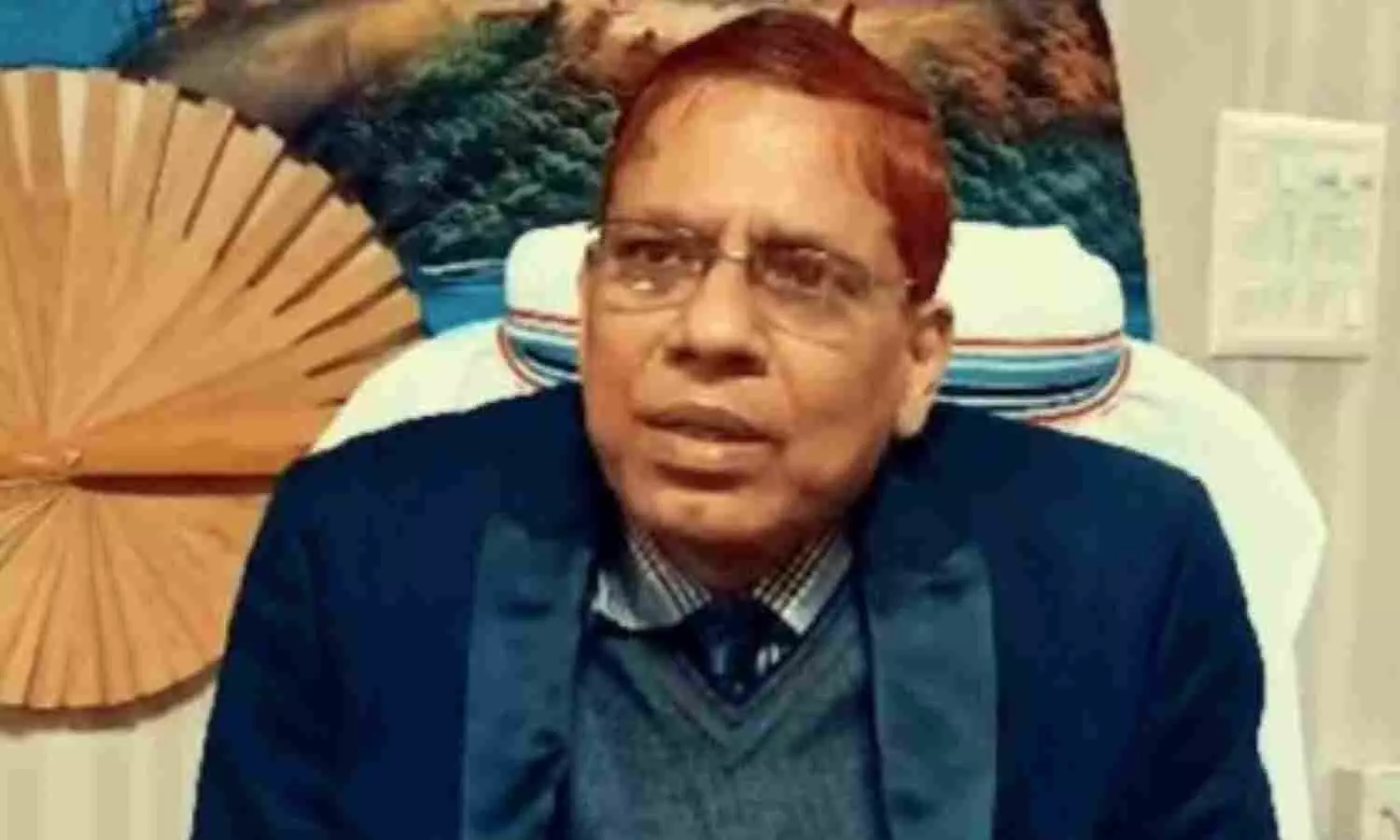Two-week radiotherapy proven as safe and effective as eight-week course for prostate cancer: 10-year follow-up
Powered by WPeMatico
Powered by WPeMatico
Powered by WPeMatico
Powered by WPeMatico
Powered by WPeMatico
Powered by WPeMatico

GlaxoSmithKline Pharmaceuticals Limited has announced that Sukanya Choudhury, Executive Vice President – Regulatory Affairs has taken a
secondment role as Regulatory Head, Growth Emerging Markets for period of 16 months with
effect from 1st May 2025.
Pursuant to her secondment, she will also cease to be the Senior
Management Personnel of the Company effective the same date.
Choudhury has had a distinguished career with GSK, which she joined in 2007 as Senior Manager – Regulatory Affairs. Over the years, she rose through the ranks, becoming General Manager – Regulatory Affairs in 2013, and later promoted to Vice President – Regulatory Affairs in 2016.
She began her professional journey with East India Pharmaceutical Works Ltd in 1998, and went on to hold roles at Alembic Pharmaceuticals, Eli Lilly, and Boston Scientific.
Powered by WPeMatico

Kozhikode: Four patients died and around 200 others were evacuated from the Kozhikode Medical College Hospital (KMCH) on Friday, after a fire and heavy smoke filled the casualty ward. The incident occurred after an explosion, reportedly caused by a short circuit from the UPS installed in the room.
There was panic as a large amount of smoke and fire was seen coming out from the Super speciality block of the Kozhikode Medical College hospital (KMCH) on Friday, officials said.
The fire seen in the UPS room of the casualty ward in the block led to the evacuation of around 200 patients from several wards of the six-story building, but there were no reports of any casualty or injury.
Hospital Superintendent Dr Sreejayan said an explosion was reported late in the evening inside the CT Scan room, due to suspected short circuit from the UPS installed in the room. Following this, a large amount of smoke was seen, news agency UNI reported.
The incident occurred around 8 p.m., when staff noticed smoke emerging from the UPS storage area. Authorities quickly began shifting patients from the affected ward as a precaution.
As per a media report in the ETV Bharat, Dr Sajith Kumar, the Principal of the Medical College, said that the four patients who died were already in critical condition, and their deaths were not due to smoke inhalation. He said, “Two of the patients were newly admitted to the hospital on Friday afternoon, one with advanced cancer and another with liver cirrhosis, while the other two were also in serious condition.”
Fire brigade personnel and police rushed to the spot, doused the fire and evacuated the patients, quickly bringing the situation under control.
All hospital equipment was also shifted to a nearby hospital.
Dr Sreejayan said no casualty or injury was reported. There was power failure for some time following this incident.
Around 200 patients from the causality were shifted to the nearby hospitals, including the main building of the Kozhikode Medical College by ambulance.
Fire brigade personnel said an explosion occurred in the UPS room, due to a short circuit.
Also Read:Kerala Nursing Student breathes last 3 Months after suicide attempt
Powered by WPeMatico

New Delhi: The IMA Hospital Board of India, representing over 40,000 private healthcare establishments across the country, has voiced reservations regarding the Insurance Regulatory and Development Authority of India’s (IRDAI) proposal for Common Empanelment of hospitals.
While the board welcomed the move to streamline hospital empanelment and promote wider access to cashless treatment under health insurance plans, it raised several key concerns that must be addressed to ensure fairness and sustainability.
The board stressed that empanelment under any government or insurance scheme should remain entirely voluntary. It warned that imposing mandatory compliance without involving hospitals who are the central stakeholders in healthcare delivery, could have detrimental consequences for the sector.
Talking to Medical Dialogues, Dr. K.M. Abul Hasan, Chairman of Indian Medical Association (IMA) Hospital Board of India stated, “As far as the issue of reservations regarding mandatory common empanelment for cashless treatments from January 2025 is concerned, one must remember about the small and medium hospitals, where the owner often handle the facility single handedly, especially those situated in rural areas. They often had to arrange money and go through a lot of hardship to keep the facilities running, imposing insurance on them can not be beneficial, and they might end up closing the clinics. Then people in remote areas will find it difficult to access healthcare.”
“We can only allow such imposition when there is a uniform package rate for all the hospitals; While deciding on the package rate, everything should be taken into consideration, one cannot apply a common package rate on every hospital. If this happens, small clinics will cease to survive. 80% of the beds available in our country are in small and medium hospitals, and they usually decide rates that will be affordable to the local people. If empanelment under any government or insurance scheme is made mandatory, the package rates should be decided after discussing with us.” A major point of contention is the absence of scientific cost assessments behind the treatment rates set by insurers and government programs. The IMA Hospital Board reiterated its long-standing demand for pricing based on robust and transparent costing studies.
The association also demanded that the National Health Authority (NHA) must actively involve the IMA Hospital Board to finalize rates and packages for empanelment under insurance and government schemes. “Hospitals, despite being central to healthcare delivery, have not been consulted on critical insurance sector issues, rendering many establishments financially unsustainable. The medical fraternity’s voice remains sidelined in policy decisions,” the hospital stated in a press release.
In addition, the IMA Hospital Board expressed concerns over the viability of the ‘Cashless Everywhere’ model in the absence of scientifically determined tariffs. The association pointed out that implementing cashless treatment without scientifically determined rates is unsustainable. The current model, where claims depend on insurer guidelines, perpetuates bias against hospitals and patients, threatening the viability of clinical establishments. As an alternative, the board recommended reinforcing the reimbursement framework, suggesting that it could offer a more practical and sustainable path forward. It called upon IRDAI to initiate structured consultations with the IMA Hospital Board before proceeding further with the implementation of the Common Empanelment initiative. The Board concluded that only meaningful engagement with all stakeholders can ensure a well-balanced, equitable, and enduring healthcare system in India.
Powered by WPeMatico

New Delhi: Researchers at the All India Institute of Medical Sciences (AIIMS), New Delhi have achieved a major breakthrough in India’s diagnostic capabilities by developing a cutting-edge method to diagnose Primary Ciliary Dyskinesia (PCD) – a rare and often misdiagnosed genetic disorder affecting the respiratory system – using transmission electron microscopy (TEM).
According to Dr Subhash Chandra Yadav from the Electron Microscope Facility, Department of Anatomy, AIIMS Delhi, this method is the first of its kind in India.
“This type of diagnosis is the first of its kind in India, and no other hospital or research lab in the country currently provides such a diagnosis based on electron microscopy,” said Dr Subhash Chandra Yadav of the Electron Microscope Facility, Department of Anatomy, AIIMS Delhi, news agency PTI reported.
Dr Yadav said that the AIIMS Delhi method for PCD diagnosis has now been internationally accepted as an innovative methodology and other ciliary diseases.
“Our developed method for PCD diagnosis has now been internationally accepted as an innovative methodology for PCD and other ciliary diseases, with the research paper published in the top-rated Microscopy and Microanalysis journal from the University of Oxford,” he said.
The breakthrough, led by Dr Yadav and Prof Kana Ram Jat from the Department of Paediatrics, was detailed in the prestigious journal under the title “An Innovative TEM-Based Ultrastructural Imaging Methodology for the Diagnosis of Respiratory Ciliary Disorders.”
According to a statement from AIIMS Delhi, the advanced method dramatically improves diagnostic accuracy, identifying structural defects in motile cilia in nearly 70 per cent of suspected cases, an achievement unmatched even by cutting-edge whole-genome sequencing. Validated on 200 patients with suspected ciliary disorders, the technique confirmed diagnoses in 135 cases.
The scope of this technique extends far beyond PCD. It can accurately detect a range of rare ciliary disorder-related conditions, including respiratory anomalies, renal cystic disease, blindness, neural tube defects, intellectual disability, skeletal abnormalities (such as polydactyly and abnormally short limbs), ectodermal defects, situs inversus (a condition where internal organs are mirrored), and infertility.
“What sets this methodology apart is its comprehensive and refined workflow. From meticulous sample collection and fixation to ultra-thin sectioning and advanced TEM imaging, every step is optimised to enhance the visibility of tiny defects, boosting detection capability by nearly 640 times compared to conventional methods,” as per the statement.
Medical experts hail this innovation as a game-changer in genetic diagnostics. It promises faster and more accurate diagnoses while laying the groundwork for personalised therapies, enhanced patient care, and deeper understanding of the mechanisms underlying ciliary disorders.
This pioneering effort by AIIMS researchers marks a transformative milestone in India’s diagnostic capabilities, bringing hope to patients and their families affected by rare genetic diseases.
Also Read:Inter-AIIMS Patient Referral Portal launched to boost Healthcare Access
Powered by WPeMatico

Ranchi: Following the Jharkhand High Court’s order for the reinstatement of Rajendra Institute of Medical Sciences (RIMS) director Dr Raj Kumar, he resumed his duties on Tuesday and cleared the pending promotions of doctors and the long-pending purchase of an MRI machine. However the next day, Jharkhand Health Minister Irfan Ansari accused him of promoting junior doctors while ignoring their seniors.
Ansari claimed that the senior doctors who were overlooked for promotion have threatened to go on strike, alleging that the promotions were processed in violation of the rules. He alleged that Kumar did not consult the health department before taking a call on the promotions and promoted the juniors over their seniors, going against the norms.
Regarding this, the medical fraternity has expressed disappointment at the promotion and is protesting against the decision taken by Kumar. A departmental inquiry is reported to be initiated soon against the director.
Also read- Jharkhand HC stays Government’s order to remove RIMS Director
Medical Dialogues recently reported that the Jharkhand High Court stayed the state government’s order removing Dr Raj Kumar as the Director of the Rajendra Institute of Medical Sciences (RIMS), Ranchi, with immediate effect. The court observed that how Dr Raj Kumar was removed was legally untenable, stating that a stigmatic order could not be issued without following due process.
This comes after Dr Raj Kumar, within a few months of being appointed as the Director of Rajendra Institute of Medical Sciences (RIMS), Ranchi, was removed from his position on the grounds of negligence in fulfilling his duties, delay in departmental work, and failure to follow government instructions. The decision was taken by the governing council of the institute, which recommended his removal to the state health department.
Dr Raj Kumar, who earlier worked as a neurosurgery professor at Sanjay Gandhi Postgraduate Institute of Medical Sciences (SGPGIMS), Lucknow, was appointed as the RIMS Director on January 31, 2024, for a three-year term. However, the institute observed that he often deliberately ignored official orders and did not cooperate in carrying out important tasks, which led to pending departmental work. This was continuing for days since he was appointed.
However, he rejoined the hospital on Tuesday and cleared the pending departmental work. But his decision to promote the juniors drew backlash from the medical community and the Health Minister himself.
Speaking to TOI, Ansari said, “The medical fraternity is protesting the promotions. Junior doctors were promoted while the seniors were overlooked. Senior doctors are likely to go on strike after this,” Ansari said. Meanwhile, Health Secretary Ajoy Kumar Singh said, “Action will be taken.”
Ansari also criticised Dr Kumar for delaying the purchase of the MRI machine, stating that the state cabinet had approved the procurement nine months ago. He suggested that a departmental inquiry could be launched against the director.
“Doctors have told us that promotions were done in violation of the rules. They will go on strike. The decisions taken against protocol are not valid until ratified in the governing council (GB) meeting, ” said Ansari.
Powered by WPeMatico
